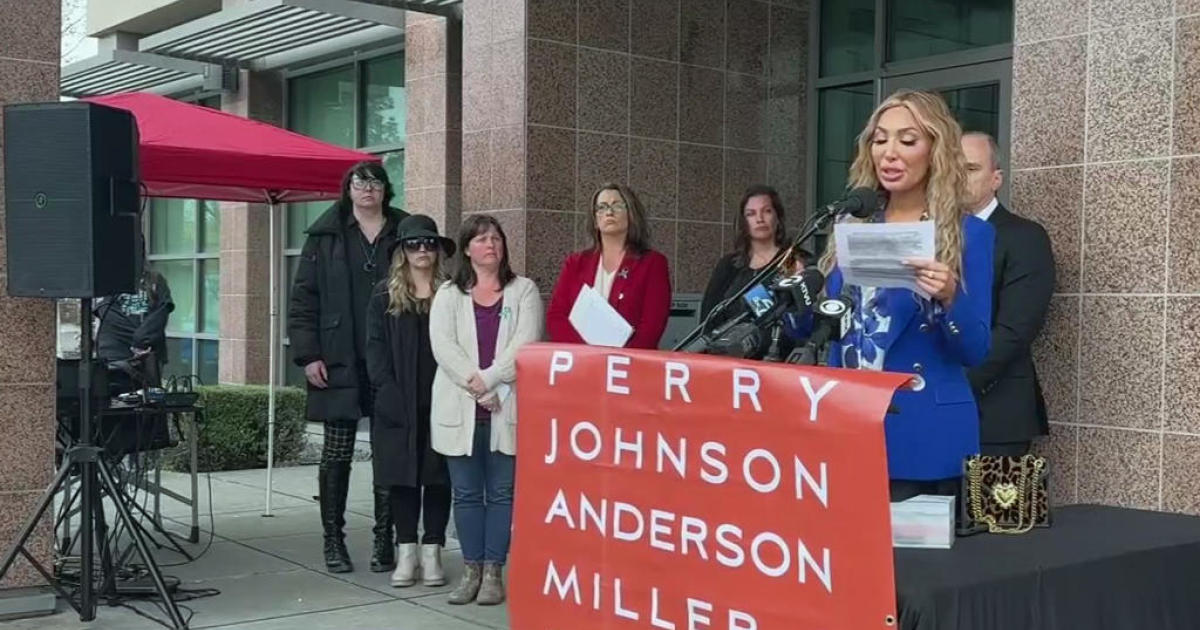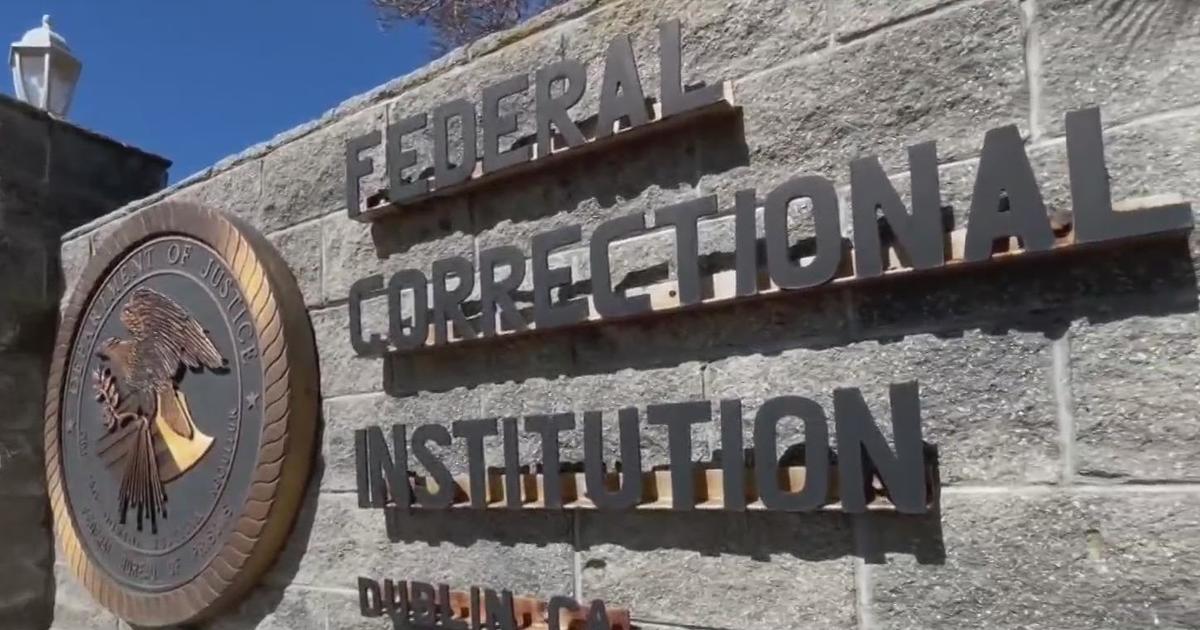Gov. Brown Signs Spending Plan That Expands Medi-Cal While Continuing Budget Cuts
SAN DIEGO (CBS/AP) -- California has been praised by health advocates for its early embrace of the federal health care expansion, but the new state budget has raised questions about its commitment to getting the poorest residents into doctors' offices and dentists' chairs.
Gov. Jerry Brown on Friday signed a budget for the 2014-15 fiscal year that accommodates an influx of uninsured residents into Medi-Cal, the state's Medicaid program. But at Brown's request, the Legislature left in place a 10 percent recession-era cut to most doctors, dentists and other health care providers who treat Medi-Cal patients, many whom are children.
Health providers and advocates say it's a harmful contradiction that will further reduce the poor's ability to get into clinics, practices and even hospitals. Because many new enrollees have delayed medical care for years, they often need specialty care such as orthopedics, gastroenterology, cardiology or dermatology that could result in longer wait times or having to drive farther to see specialists.
Gloria Wilson, 26, of North Highlands, has been waiting two months to get her 4-year-old son into a pediatric dental practice that can sedate him in order to treat two cavities. While many children can be treated using local anesthesia, Wilson said her son, Jeremiah Ortiz, is fearful, combative and thrashes to get out of the dental chair.
"It's frustrating because if it gets worse, I feel I haven't done my job (as a mother)," Wilson said.
Meghan Marshall, a Sacramento County Head Start specialist who is assisting Wilson's request with her Medi-Cal health plan, said finding pediatric dentists and anesthesiologists has become increasingly difficult because providers won't accept the state's low rates. Providers are not required to accept Medi-Cal patients.
"You might have an insurance card and not be able to get into a doctor's office anywhere," said Dr. Richard Thorp, president of the California Medical Association, which represents nearly 40,000 doctors.
Already, Medi-Cal enrollees have less access than Medicare recipients or people covered by private insurance. According to the California HealthCare Foundation, 76 percent of primary physicians accept new patients through private insurance, but only 57 percent accept new Medi-Cal patients.
The program also has one of the lowest physician reimbursement rates in the nation.
According to the Kaiser Family Foundation, California lagged behind all states except Rhode Island and New Jersey in direct payments to primary care physicians and obstetricians in 2012. The survey was taken before California won a legal challenge and began implementing reimbursement cuts of up to 10 percent cut last year.
To complicate matters, state figures suggest fewer doctors are participating in Medi-Cal. According to the Department of Health Care Services, there were about 109,000 fee-for-service physicians listed in spring 2013. As of May, there were 82,605 enrolled physicians.
Norman Williams, a department spokesman, said those figures only reflect providers who are being paid for each service they provide. He said access shouldn't be a problem because the state has been shifting Medi-Cal fee-for-service patients into managed care, where the state contracts with health plans to guarantee access to treatment.
The state is supposed to monitor those health plans on a quarterly basis.
"It's an outright lie," said Dr. Ted Mazer, an ear, nose and throat specialist in San Diego and an executive committee member of the medical association. "The access to Medi-Cal is far below what anybody would call reasonable."
Mazer is one of many doctors who stopped accepting Medi-Cal patients because the reimbursements did not meet the cost of overhead and supplies to treat patients. He makes exceptions when he's in the emergency room or in unusual circumstances, but has to say no because it doesn't makes business sense.
The average amount Medi-Cal pays for a doctor's visit is $41.48 compared to $102.45 for Medicare, according to the medical association.
The Brown administration said California is committed to expanding coverage for the poor but says the state has to be able to pay for all its promises.
State finance officials said Friday that the state has mechanisms in place to stop provider cuts if they hinder access. For example, the state has already exempted some cuts such as prescription drugs for serious conditions and certain audiology services.
The overall Medi-Cal program continues to consume a growing share of state funds. The state spent $16.3 billion from its general fund in the 2013-14 fiscal year and will increase Medi-Cal spending 7 percent to $17.6 billion in the new fiscal year.
With federal reimbursements and other funding, the state is projected to spend $75.4 billion to care for a projected 11.5 million people, or 30 percent of the state population.
Assembly Speaker Toni Atkins, D-San Diego, said she was disappointed the state couldn't do more on a "critically important" issue. The state will save $272 million in the new budget by maintaining a 10 percent provider rate cut that took full effect in January.
Health advocates say it doesn't make sense to continue recession-era cuts when the state is adding 1.9 million new Medi-Cal enrollees as part of the federal health overhaul under the Affordable Care Act.
"It's a contradiction," said Eileen Espejo at Children Now, a nonprofit children's health group. "You're expanding the program, yet there is no access. Then who's benefiting?"
© Copyright 2014 The Associated Press. All Rights Reserved. This material may not be published, broadcast, rewritten or redistributed



